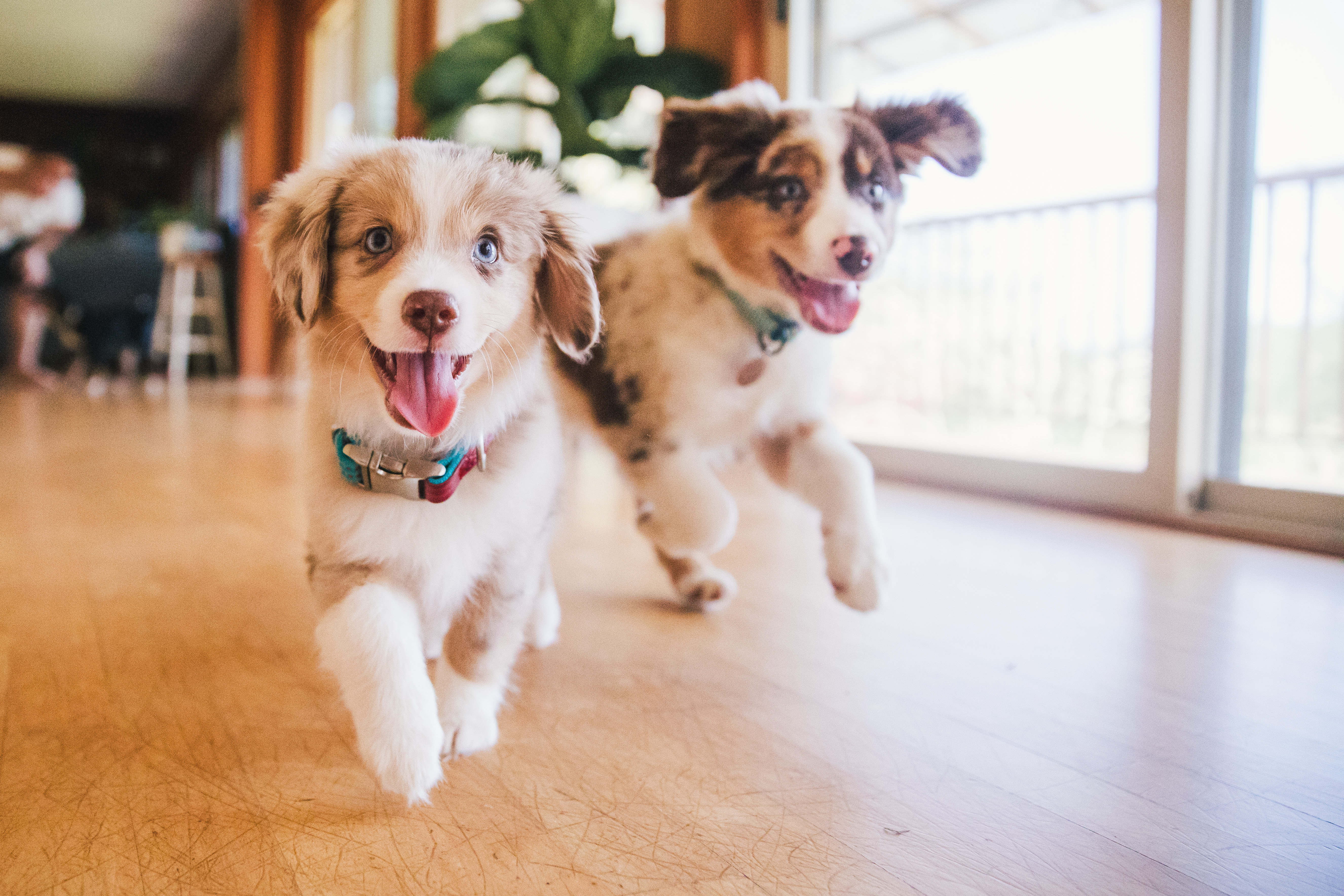Three things that will improve your puppy’s behavior, according to an expert trainer
Trainer shares some simple things you can do to help your puppy master new skills and behaviors that much quicker

If you've just welcomed a new bundle of fluff into your family - congratulations! Puppies have such a wonderful ability to infuse our lives with lots of extra laughter, love and affection, but as you're probably already figuring out, helping them to learn the behaviors that are expected of them in your home can certainly bring its fair share of challenges.
While the best puppy toys and treats are certainly useful when it comes to rewarding good behavior and helping your pup to stay motivated, expert dog trainer Miles Hamilton says there's a common mistake he sees new pet parents making that can derail their puppy's progress - and that's giving them too much freedom.
@hamiltondogtraining ♬ original sound - Hamilton Dog Training
"This is the number one mistake I see new puppy owners making - giving their dog too much freedom too soon," Hamilton explains in a TikTok video, which you can view above.
"The puppy is peeing in the house, they're chewing the shoes, they're jumping on the counters, they're chewing furniture, it's complete chaos."
Thankfully, Hamilton has three tips to help you stay on track during that first year of being a puppy parent and get the behavior from your dog that you're looking for - and it all comes down to management.
"Management is the secret to raising a puppy and keeping your sanity in the process," says Hamilton. So, what does good management look like? Well, according to Hamilton it all comes down to these things...
1) Puppy proof your environment: "Pick up the cables, pick up the shoes, pick up everything off the ground."
PetsRadar Newsletter
Get the best advice, tips and top tech for your beloved Pets
2) Use a crate: "When you're not home, put the dog in a crate. When you are home, you can keep the dog on a place board."
3) Limit access to the house: "Only give them access under direct supervision. You can slowly increase the amount of freedom you give them as they prove to you that they can handle it."
Training a new puppy takes time, patience and consistency. If you feel you're not seeing the progress you'd like or expect within a few months, we recommend reaching out to a professional trainer for advice and guidance.
Finding that first year of raising your fur friend more challenging than you expected? Then be sure to check out our guide to the puppy blues where an expert shares tips and tricks to help make those first 12 months a little easier.

Kathryn is a freelance writer who has been a member of the PetsRadar family since it launched in 2020. Highly experienced in her field, she's driven by a desire to provide pet parents with accurate, timely, and informative content that enables them to provide their fur friends with everything they need to thrive. Kathryn works closely with vets and trainers to ensure all articles offer the most up-to-date information across a range of pet-related fields, from insights into health and behavior issues to tips on products and training. When she’s not busy crafting the perfect sentence for her features, buying guides and news pieces, she can be found hanging out with her family (which includes one super sassy cat), drinking copious amounts of Jasmine tea and reading all the books.
